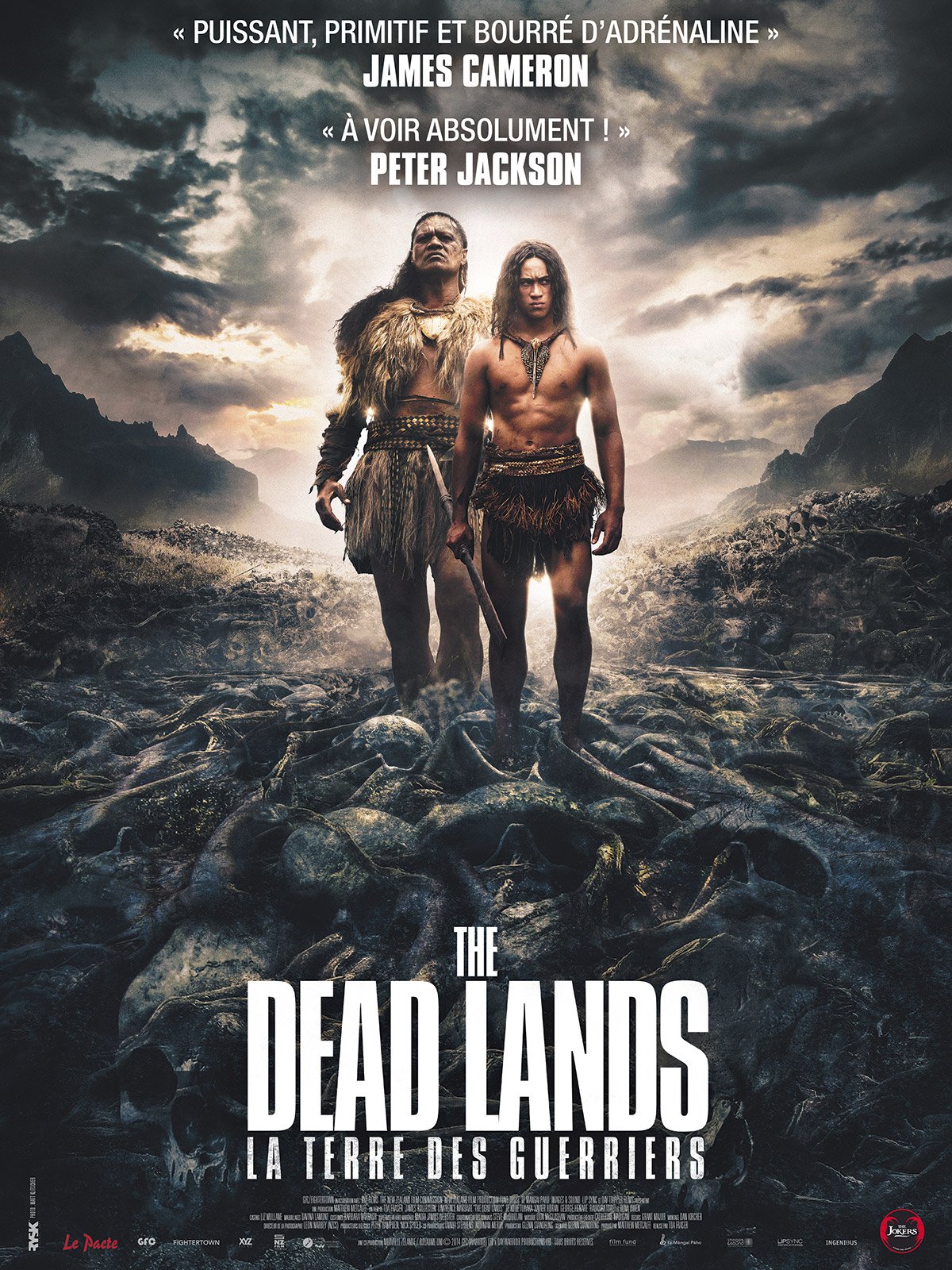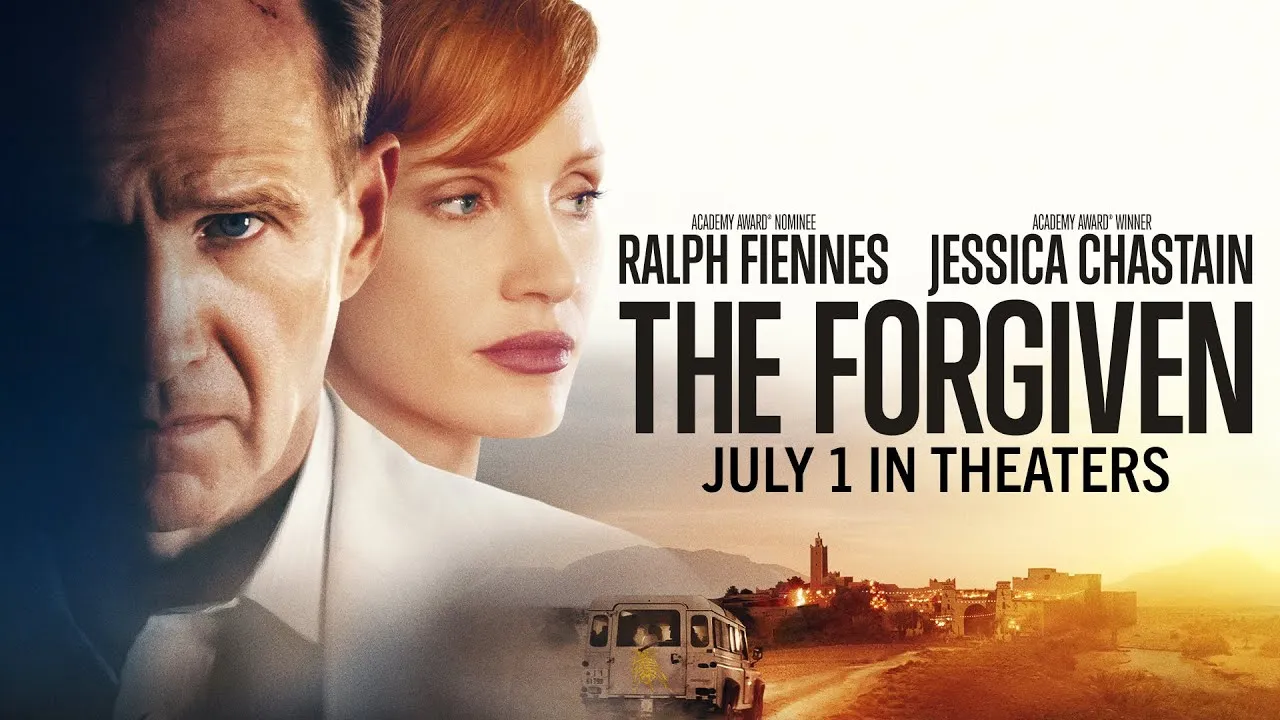In a cinematic landscape filled with predictable blockbusters and recycled universes, The Dead Land (2024) crashes onto the screen like a thunderclap from an ancient world—raw, brutal, and hauntingly beautiful. This isn’t your typical action epic. It’s a visceral journey into a warrior culture teetering on the edge of extinction, where every fight is personal, and every silence screams louder than words.
Directed by Taika Waititi in an unexpected but masterful pivot to serious historical drama, The Dead Land brings the legends of Māori warriors to life with unflinching realism and poetic depth. The film reimagines the ancient traditions of the Pacific, wrapping them in a story that is at once mythic, intimate, and universally resonant.

Set in pre-colonial Aotearoa (New Zealand), the film follows Tane, a young chieftain’s son played by breakout star Wiremu Tāne Mahuta, who is forced into manhood when his village is annihilated by a rival tribe led by the fearsome warrior-chief Raukura (played with chilling authority by Temuera Morrison). Sworn to avenge his people, Tane journeys deep into a forbidden region known only as the Dead Land—a cursed valley abandoned by gods and men alike.There, he seeks the help of a mysterious lone warrior, The Ghost of the Land, portrayed in a show-stealing performance by Cliff Curtis, who has lived in exile after committing unspeakable acts in a past shrouded in shame. What follows is not just a revenge tale, but a spiritual odyssey of identity, honor, and the cost of violence.
From its opening frame, The Dead Land grips you by the throat and refuses to let go. Cinematographer Greig Fraser (of Dune and The Batman fame) paints the wild New Zealand landscapes with a savage elegance—rolling mists over black cliffs, blood-stained ferns in the moonlight, and sacred burial grounds carved into the earth. The natural world isn’t just a backdrop here; it’s a living, breathing character that tests the will of every man who dares step into it.The film’s pacing is deliberate but never dull. There are long stretches without dialogue, where the only sound is the whistle of wind or the crunch of feet over sacred soil. And when the violence comes, it is swift, thunderous, and unglamorous—bone-cracking combat with traditional taiaha (Māori staff weapons) that feels more like ritual than choreography.
What separates The Dead Land from other action dramas is its deep moral undercurrent. The film explores themes of ancestral legacy, toxic masculinity, and the spiritual weight of killing. Tane’s transformation from vengeful boy to conflicted warrior is rendered with heartbreaking clarity. He does not emerge a triumphant hero, but a man changed—scarred not only by wounds, but by the realization that violence always takes more than it gives.Cliff Curtis’s character serves as both mentor and mirror—his quiet madness, remorse, and lingering nobility giving depth to a figure who could’ve easily been a cliché. Their scenes together are mesmerizing, especially a moonlit conversation about what it means to be "tapu"—sacred and cursed at once.The film also includes Māori language, chants, and haka performed authentically, immersing the audience in indigenous culture without romanticizing it. There are no white saviors, no forced exposition—just raw storytelling through action, expression, and spiritual symbolism.
For some viewers, the film may feel too quiet, too poetic, or too sparse in traditional exposition. This is not a Marvel movie, and it doesn’t try to be. It demands patience, attention, and an openness to its cultural rhythms. That might alienate some audiences—but for those willing to engage, it delivers a rare cinematic experience: pure, immersive, and unforgettable.
The Dead Land (2024) is not just a film—it’s a modern war chant echoing from the bones of ancient ancestors. Gritty, meditative, and relentlessly authentic, it carves out a space in the cinematic canon that few dare to enter. It's not about good versus evil—it's about survival, legacy, and the ghosts we carry inside us.If you’re hungry for a film that hits the heart, the soul, and the gut all at once, The Dead Land is a journey worth taking—though you may not come back the same.






